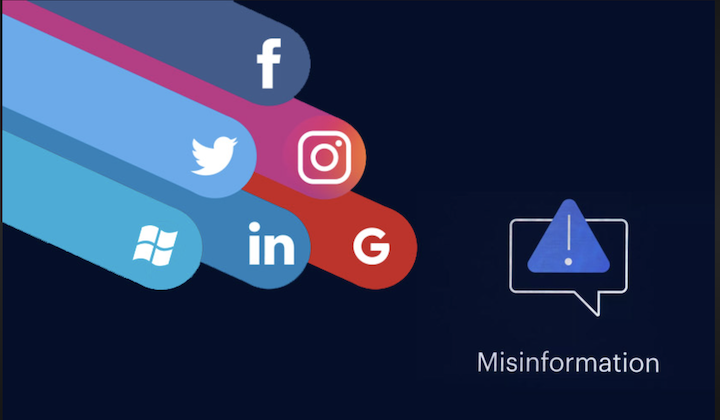
Governmental actions to address
COVID 19 misinformation.
In this article the authors present information on the role of governmental actions to address a pandemic. The World Health Organization identified what they considered a “massive” global “infodemic” that it defined as an overabundance of both accurate and inaccurate information. The dangers of governmental censorships or spread of misinformation can undermine public health by creating uncertainty, in essence forcing people to seek out information from less reputable sources. While international law requires governments to protect expression, in the face of a pandemic they should refrain from disseminating information. A government addressing of misinformation can undermine public health and their ability to identify information about a pandemic. Image by digital designer from Pixabay. Used under a Pixabay license (Free for commercial use No attribution required).

Free Speech Skepticism
In this article the author proposes a thesis’s that although there is a right to free speech, none of the arguments support why harmful speech is deserving of special protections. Do non-government entities such as Facebook or Twitter have the right to violate people’s right to free speech as they sometimes do. Those who operate such platforms have the right to moderate content or deplatform speakers. The reach of the internet has made conflicts amongst free speech regimes, creating needs for new ways of understanding free speech. The right to free speech in the United States, including the right to engage in hate speech is considered a fundamental human right of paramount value. In other countries, free speech is constrained by other rights and f reedom of expression may be overridden by anything considered as hate speech. Image Source

Navigating the Internet’s Information
Cesspool, Fake News and What to Do About It
This is an article addressing the effects false information has on societies. The authors views are based on the idea that continued self-regulation by social media platforms will not solve the problem of the danger’s misinformation. They believe that society has been infiltrated by mis-information due to platforms ineffectively managing user content. If self-regulation is the source of the issues, then self-regulation must end. The authors believe that a solution must come at a national level. The time has come for a new federal agency to regulate the internet. Image Source
